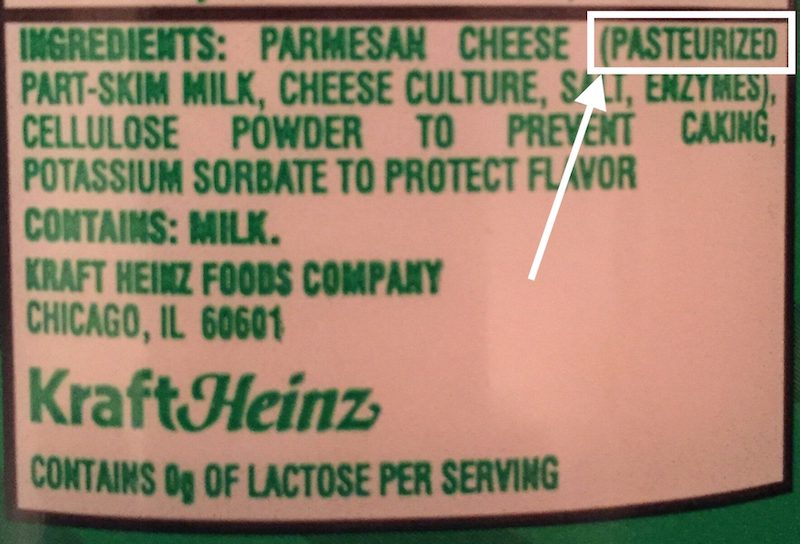Last Updated on March 22, 2024 by Aaron
Parmesan cheese is a popular type of cheese that is often used in recipes. It has a strong flavor and a hard texture. Parmesan cheese is made from cow’s milk, and it contains high levels of calcium and protein.
Some parents wonder if it is safe to give Parmesan cheese to their babies.
In this article, we will discuss the safety of Parmesan cheese for babies, and we will provide some tips on how to introduce this food to your child.
Is Parmesan cheese safe for babies?
Babies are okay to eat parmesan, but there are a few things you need to keep in mind. Parmesan cheese is quite high in sodium and fat, so you should only give your baby a tiny amount – Less than a teaspoon.
2 teaspoons parmesan = 496 mg of sodium
Recommended Sodium for babies (6-8 months) = up to 370 mg per day.
Parmesan is hard and crumbly. It is also important to make sure that the Parmesan cheese is finely grated so that your baby can easily chew and digest it. Choose the higher quality brand of parmesan.
For feeding ages, most pediatricians agree that it is generally safe to give hard cheese to babies who are at least 6 to 8 months old.
In Italy, a traditional spoon-feeding method that involves parmesan cheese usually starts at 5 to 6 months (1).
Another study (2) showed 1-year-old infants who consumed yogurt were associated with a lower risk of gastroenteritis. It suggests the live probiotic bacteria may have a beneficial effect on the gut microbiota. Parmesan offers a similar bacteria population and probiotic’s benefits.
Is Parmigiano Reggiano Good?
One important note is that Parmesan may not always be pasteurized.
Babies are susceptible to germs. Therefore, you should always feed your babies with pasteurized parmesan. The Italian parmesan – Parmigiano Reggiano – is not made from pasteurized milk but is aged for more than 12 months, which was thought to be long enough to inactivate harmful bacteria.
But the FDA report showed otherwise – with minor risk.
So, you should avoid feeding your babies with this type of cheese. Instead, try to use pasteurized parmesan brands like Sartori and Kraft. Double-check the ingredients to make sure the milk used is pasteurized.

Reference:

